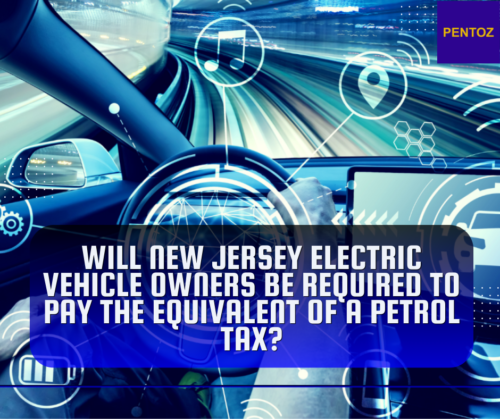In response to concerns about pollution and climate change, Gov. Phil Murphy’s administration wants to phase out the sale of gasoline-powered cars, but New Jersey continues to rely largely on motor fuel taxes to fund major transportation-infrastructure expenditures.
How the state government balances these two critical transportation programs is one of the primary challenges for Murphy and lawmakers as work on reauthorizing New Jersey’s multibillion-dollar Transportation Trust Fund begins in earnest in the new year.
The trust fund, or TTF, must be renewed by June 30, or road infrastructure investment would freeze, as it did almost a decade ago when then-Gov. Chris Christie and state lawmakers could not reach a deal. Months later, the standoff was overcome, but only with an agreement to raise the gas tax.
In recent years, New Jersey’s per-gallon gas tax — now set at 42.3 cents — has steadily generated enough revenue to sustain a roughly $2 billion annual share of funding for the state’s off-budget capital program, which finances ongoing investments in road, bridge, and rail infrastructure.
However, according to the Murphy administration’s latest numbers, the use of all-electric and plug-in hybrid vehicles has surged considerably in New Jersey since Christie and lawmakers agreed on an 8-year, $16 billion TTF extension that is now projected to expire in mid-2024.
Meanwhile, the administration recently approved a new rule that will prohibit the sale of new gasoline-powered vehicles in New Jersey beginning in 2035. While this is consistent with the trust fund’s long-term goal of electrifying the transportation sector, it may have substantial ramifications for the trust fund’s long-term financial viability.

















